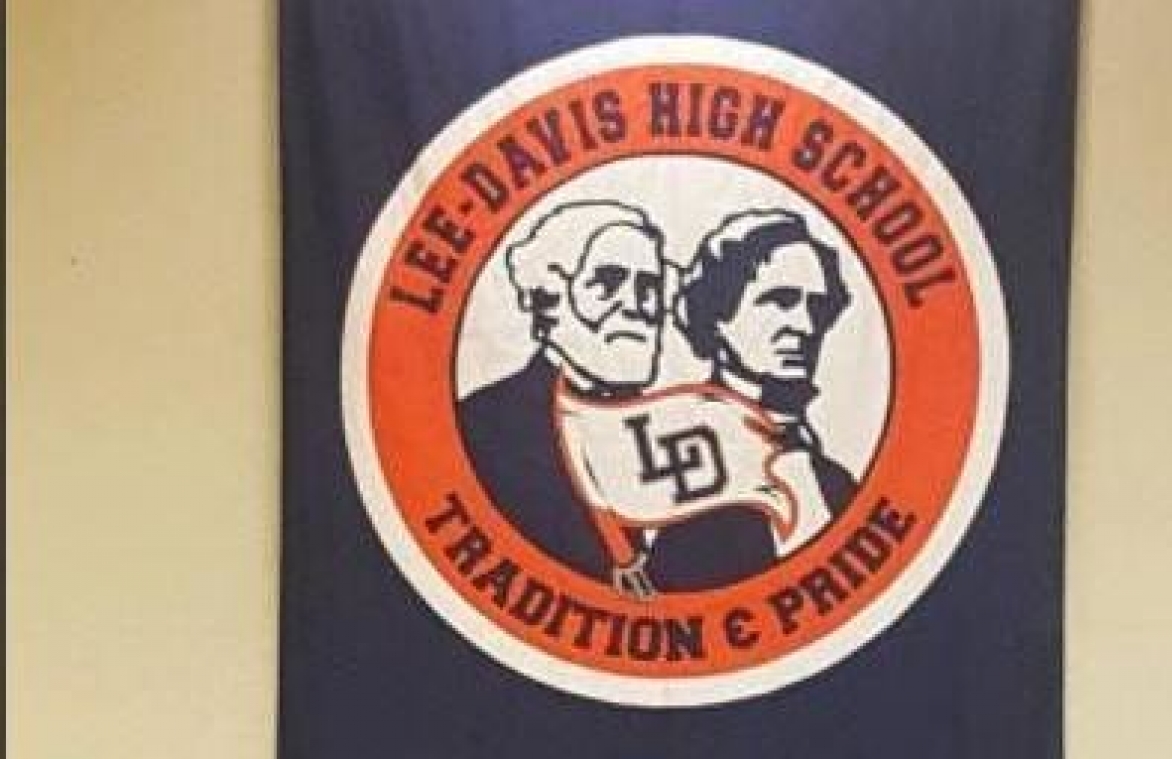The Hanover County branch of the National Association for the Advancement of Colored Persons (NAACP) has sued Hanover County and the County School Board of Hanover County in Virginia over Confederate names and imagery.
The NAACP asserts a claim of compelled speech in its lawsuit, Hanover County Unit of the NAACP v. Hanover County and County School Board of Hanover County.
NAACP says school Confederate mascot amounts to ‘compelled speech’
The civil rights group asserts in its lawsuit that “[f]orcing public school children to use Confederate names as a condition of participation forces them to engage in speech they disavow, in violation of their First Amendment right to be free of compelled speech.”
The lawsuit explains that Lee-Davis High School and Stonewall Jackson Middle School use Confederate names and imagery. The complaint asserts that Lee-Davis High School is named after Confederate general Robert E. Lee and the President of the Confederacy, Jefferson Davis. Likewise, Stonewall Jackson Middle School is named after another Confederate general, Thomas J. “Stonewall” Jackson.
The complaint further alleges that Lee-Davis High School has used a Confederate soldier as a mascot, while Stonewall Jackson Middle School uses the moniker “the Rebels” for its team.
Lawsuit: Black students forced to identify as Confederates, rebels to participate in activities
“When African American students are required to identify as ‘Confederates’ or ‘Rebels’ in order to participate in school activities, they are required to endorse the violent defense of slavery pursued by the Confederacy, and the symbolism that these images have in the modern white supremacist movement,” the complaint reads.
The complaint asserts three claims: a First Amendment claim under the no-compelled speech doctrine; an Equal Protection claim under the Fourteenth Amendment, and a claim under a federal law known as the Equal Educational Opportunities Act.
The more common First Amendment claim involving Confederate imagery involves students who assert a First Amendment claim to wear Confederate flag clothing or imagery to school. In Scott v. School Board of Alachua County (11th Cir. 2003), a federal appeals court ruled that school officials could prohibit the display of the Confederate flag because of racial tensions at the school.
Another federal appeals court ruled in Crosby by Crosby v. Holsinger (4th Cir. 1988) ruled that public school officials could remove “Johnny Reb” as the school’s mascot because it offended African-American students and parents. “A school mascot or symbol bears the stamp of approval of the school itself,” the appeals court wrote. “Therefore, school authorities are free to disassociate the school from such a symbol because of educational concerns.”
The Hanover County case differs in that – at least at this point – the school board appears to want to retain the Confederate nicknames and imagery.
David L. Hudson Jr. is a First Amendment Fellow at the Freedom Forum Institute, and a law professor at Belmont University who publishes widely on First Amendment topics. He is the author of a 12-lecture audio course on the First Amendment titled “Freedom of Speech: Understanding the First Amendment” (Now You Know Media, 2018). He also is the author of many First Amendment books, including “The First Amendment: Freedom of Speech” (Thomson Reuters, 2012) and “Freedom of Speech: Documents Decoded” (ABC-CLIO, 2017).

